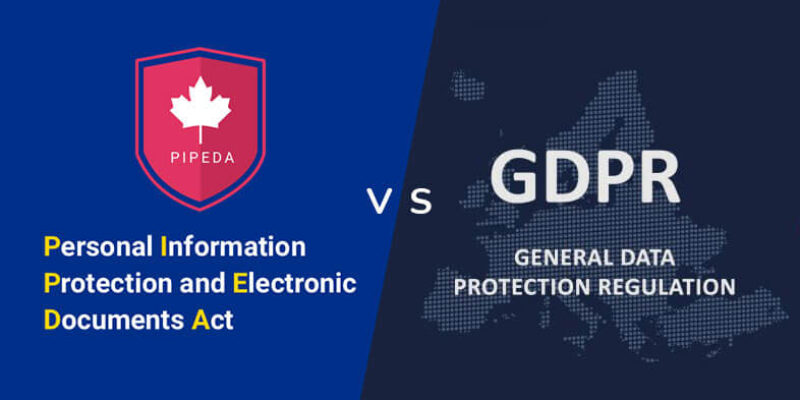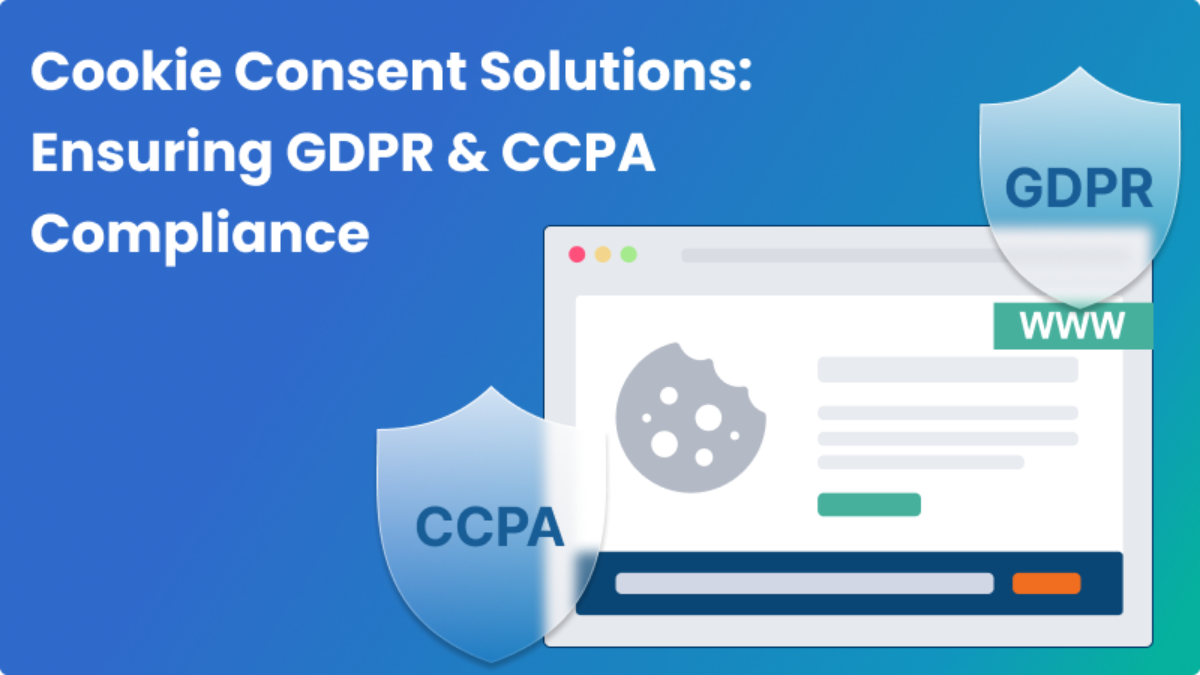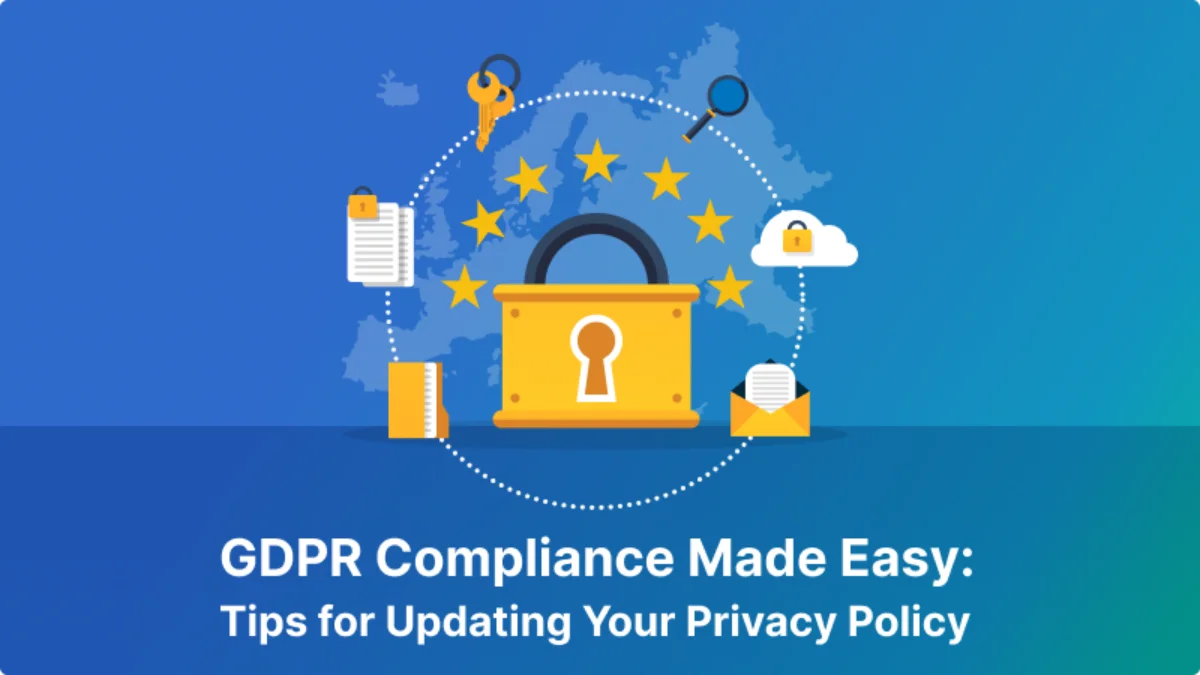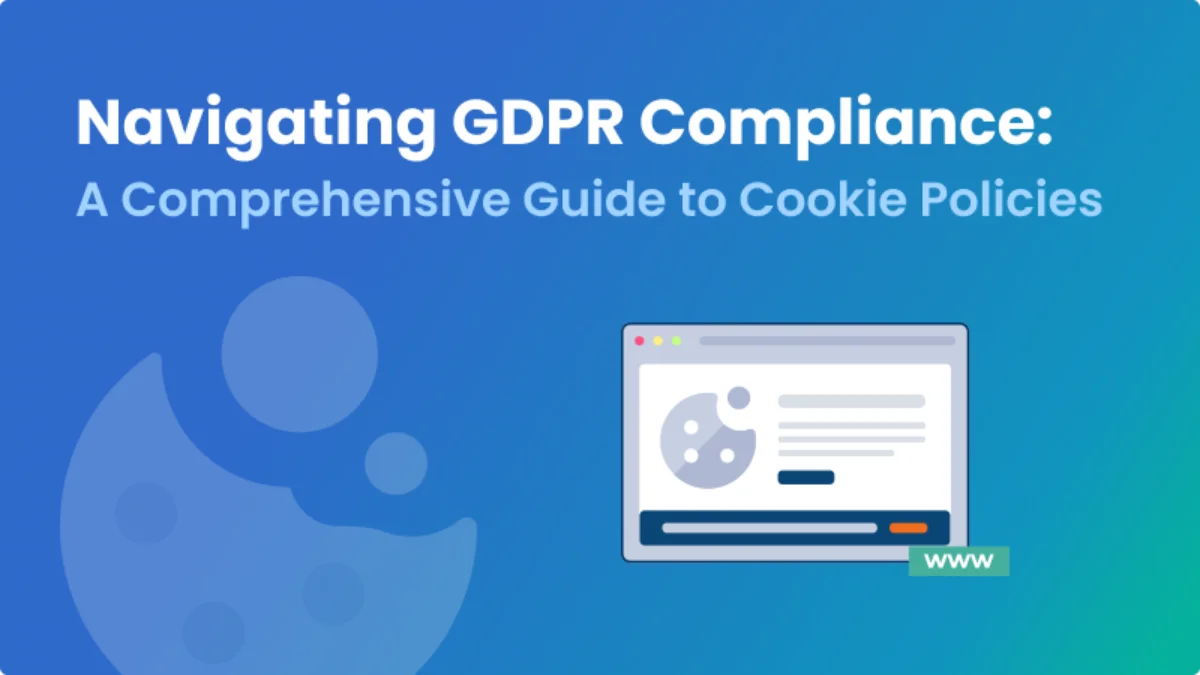PIPEDA vs GDPR: Key Similarities & Differences

About Canada Data Protection Law (PIPEDA)
In today’s data-driven world, protecting personal information has become a top priority for individuals and organizations alike. Two significant regulations that address data privacy and protection are the Personal Information Protection and Electronic Documents Act (‘PIPEDA‘) in Canada (Canadian privacy law) and the the General Data Protection Regulation (‘GDPR‘) in the European Union (EU). While both PIPEDA and GDPR share the common goal of safeguarding personal data, they have some distinct differences. In this blog post, we will explore the key similarities and differences between PIPEDA vs EU GDPR.
What is PIPEDA and its significance?
The Personal Information Protection and Electronic Documents Act (PIPEDA) is a Canadian privacy law that governs how private-sector organizations collect, use, and disclose personal information.
Canadian Privacy laws define personal information as any information about an identifiable individual, including their name, address, phone number, email address, and financial information.
PIPEDA is significant because it gives individuals control over their personal information and helps to protect their privacy. Under PIPEDA, individuals have the right to:
- Access their personal information
- Request that their personal information be corrected or deleted
- Withdraw consent for the collection, use, or disclosure of their personal information
- File a complaint with the Office of the Privacy Commissioner of Canada if they believe that an organization has violated their privacy rights
PIPEDA is also significant because it helps to build trust between businesses and consumers. By complying with PIPEDA, businesses can show consumers that they are committed to protecting their privacy. This can lead to increased customer loyalty and brand reputation.
PIPEDA applies to all private-sector organizations in Canada, regardless of size or industry. Organizations that collect, use, or disclose personal information in the course of a commercial activity are required to comply with PIPEDA. This includes organizations that operate online, as well as those that have physical locations in Canada.
Is GDPR applicable to Canada? Understanding its implications is crucial for Canadian businesses navigating global data protection regulations. PIPEDA (Canadian GDPR is a popular term used to describe PIPEDA) is an important law that helps to protect the privacy of Canadians.
By understanding PIPEDA and its requirements, organizations can ensure that they are complying with the law and protecting the privacy of their customers.
GDPR vs PIPEDA: Key Differences
Understanding the key differences between GDPR and PIPEDA is essential for anyone involved in handling user data, as these regulations shape the landscape of privacy practices and compliance
Jurisdiction
- PIPEDA applies exclusively to organizations that collect, use, or disclose personal information in the course of commercial activities within Canada.
- In contrast, GDPR has a broader reach, covering any organization, regardless of its location, that processes personal data of individuals residing in the EU, making it a more global regulation.
Individuals protected under PIPEDA and GDPR
- In the context of data protection laws in Canada, specifically governed by the Personal Information Protection and Electronic Documents Act (PIPEDA), it does not require any individual to be a citizen or resident of a specific country or region to be protected by it.
- This stands in contrast to the General Data Protection Regulation (GDPR), Anyone who is a resident of the EU or an EU citizen is protected by the law.
Data processing consent : pipeda vs gdpr
- Under PIPEDA, organizations can seek implied or explicit consent.
- GDPR requires organizations to gain explicit consent from data subjects, who must be informed of a request for consent in a clearly distinguishable manner from other matters.
PIPEDA vs GDPR similarities
PIPEDA (Personal Information Protection and Electronic Documents Act) and GDPR (General Data Protection Regulation) have several similarities, despite being distinct privacy regulations with different geographic scopes. Here are some key similarities between GDPR Vs PIPEDA:
- Data Protection Principles: Both PIPEDA and GDPR are built on similar fundamental data protection principles, such as the need for organizations to obtain consent for data processing, the requirement to process data fairly and lawfully, and the obligation to maintain data accuracy.
- Individual Rights: Both regulations grant individuals certain rights over their personal data. These rights include the right to access, rectify, and delete their information. Additionally, both PIPEDA and GDPR allow individuals to request information about how their data is being used.
- Accountability and Transparency: Both regulations emphasize the importance of organizational accountability and transparency regarding data processing activities. This includes having clear privacy policies (PIPEDA privacy policy and GDPR privacy policy) and mechanisms for individuals to contact the organization with privacy concerns.
- Data Minimization: Both PIPEDA and GDPR encourage organizations to collect and retain only the personal data that is necessary for the purposes for which it was collected. This principle aims to minimize the potential privacy risks associated with excessive data collection.
- Cross-Border Data Transfers: Both PIPEDA and GDPR regulate cross-border data transfers to ensure that personal data is adequately protected when transferred outside the respective jurisdictions.
- Privacy by Design: Both regulations promote the concept of “privacy by design,” encouraging organizations to consider data protection from the outset when developing new products, services, or processes.
Similar but in different ways
Data protection officers
Privacy officers are necessary for PIPEDA as well as GDPR compliance.
Legal basis for processing data
Both PIPEDA and GDPR provide few legal bases for data processors.
Reporting data breaches
Both PIPEDA and GDPR require data breaches to be reported.
Damages/Fines
Here’s how PIPEDA and GDPR fees for damages differ.
Ten lawful bases for processing under PIPEDA:
- Accountability
- Identifying Purposes
- Individual’s consent
- Limiting Collection
- Limiting Use, Disclosure and Retention
- Accuracy
- Safeguards
- Openness
- Individual Access
- Challenging Compliance
Six lawful bases for processing under GDPR:
- Consent
- Contractual necessity
- Compliance with a legal obligation
- Necessary to protect vital interest of data subjects
- Public interest
- The legitimate interest pursued by the controller or by a third party
Summary For PIPEDA Vs GDPR
PIPEDA and GDPR Comparisons highlights their distinct characteristics in data protection. The Personal Information Protection and Electronic Documents Act (PIPEDA) balances personal data use in business, whereas the General Data Protection Regulation (GDPR) prioritizes strong privacy requirements, consent, and breach reporting.
Both have similarities, such as privacy officers and legal bases, but they differ in terms of jurisdiction, protection, consent, and sanctions. Understanding these contrasts contributes to global data security. PIPEDA compliance software can help organizations to comply with the requirements of PIPEDA.
FAQs
The Personal Information Protection and Electronic Documents Act (PIPEDA) is a Canadian privacy law that governs how private-sector organizations collect, use, and disclose personal information. The General Data Protection Regulation (GDPR) is the equivalent European data protection and privacy law.
PIPEDA applies exclusively to organizations that collect, use, or disclose personal information in the course of commercial activities within Canada. In contrast, GDPR has a broader reach, covering any organization, regardless of its location, that processes personal data of individuals residing in the EU.
Article 2 (1) of PIPEDA defines personal information as “information about an identifiable individual”. Article 4 of GDPR refers to personal data instead of personal information and it is defined as “any information relating to an identified or identifiable natural person”.
Both PIPEDA and GDPR are built on similar fundamental data protection principles, such as the need for organizations to obtain consent for data processing, the requirement to process data fairly and lawfully, and the obligation to maintain data accuracy.
Both PIPEDA in Canada and GDPR in the European Union mandate clear and informed consent for the processing of personal data. PIPEDA recognizes implied consent in specific scenarios and allows individuals the right to withdraw consent. GDPR, on the other hand, emphasizes clear, explicit, and affirmative consent, with additional requirements for sensitive data and children’s consent.
Under PIPEDA, individuals have the right to access their information, request corrections, file complaints, and withdraw their consent. GDPR grants similar rights to individuals, including the right to access, rectify, and delete their information.
Businesses can simultaneously comply with both PIPEDA and GDPR by understanding and adhering to the requirements of both regulations. This includes obtaining meaningful consent, implementing appropriate data security measures, and respecting the rights of individuals.

















